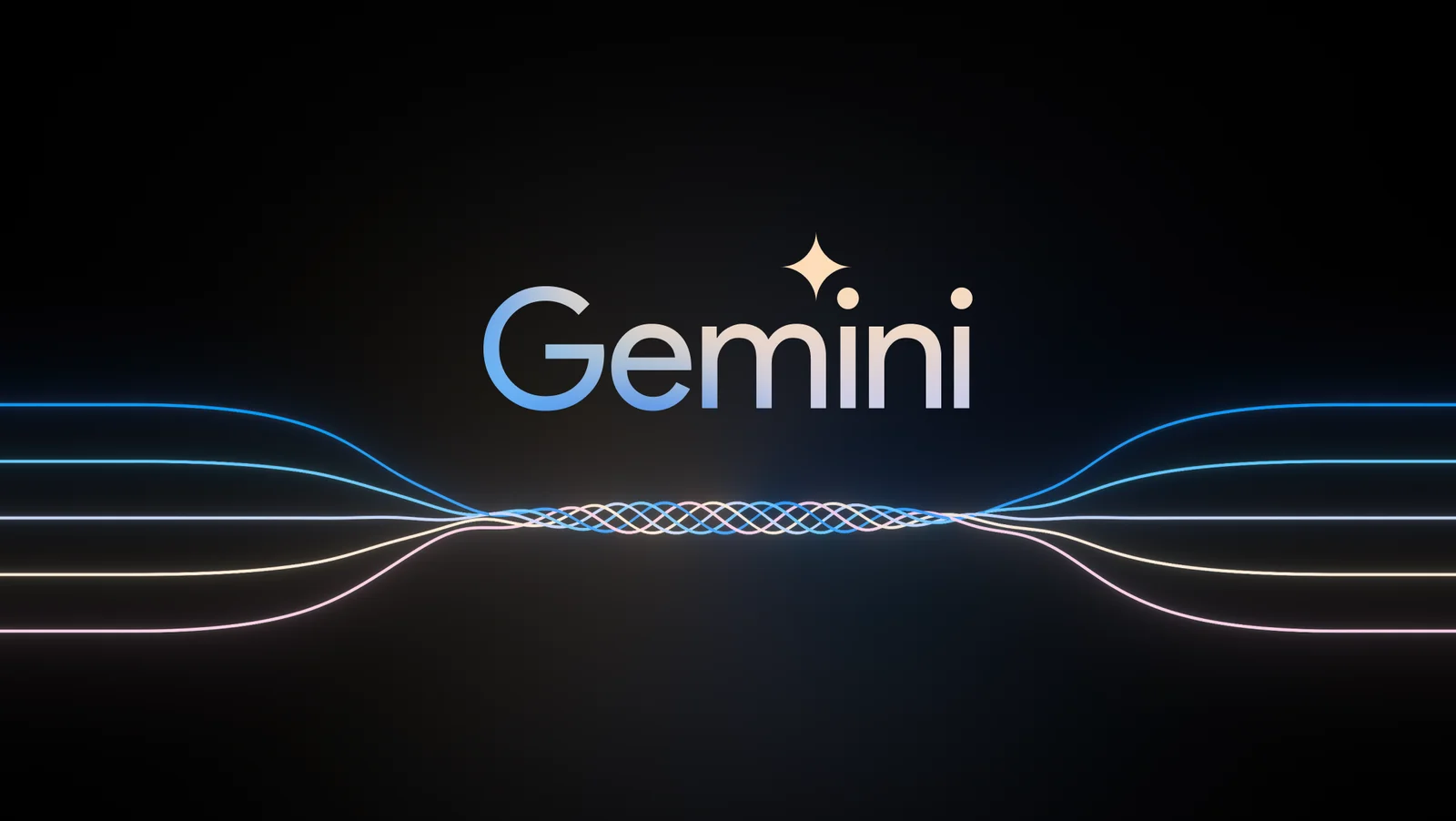Google DeepMind’s recent announcement of Gemini, its latest AI model, has sparked a comparison with OpenAI’s ChatGPT, reigniting the competition in the realm of generative AI. Both Google’s Gemini and OpenAI’s ChatGPT are notable examples of generative AI, albeit with distinct approaches and functionalities.
The Rise of Gemini
Google has unveiled Gemini as its new AI model designed to compete directly with OpenAI’s ChatGPT. While ChatGPT is a large language model specializing in text generation, Gemini stands out as a “multi-modal model,” supporting various input and output modes, including text, images, audio, and video.
Also Read: Meet Gemini: Google’s Answer to ChatGPT

Distinct Features of Gemini
What sets Gemini apart from earlier generative AI models, like Google’s LaMDA, is its native multimodal capability. Unlike ChatGPT-4, which relies on separate models for processing audio and generating images, Gemini handles diverse inputs directly within its core model, marking a significant advancement in the field.
The Verdict on Gemini’s Performance
According to current assessments, Gemini 1.0 Pro, the publicly available version, is perceived to be on par with GPT-3.5, falling short of the capabilities showcased by GPT-4. Google’s claims about the enhanced performance of Gemini 1.0 Ultra remain uncertain due to the absence of independent validation and a somewhat misleading demonstration video.
Also Read: ChatGPT vs Gemini: A Clash of the Titans in the AI Arena
The Exciting Future of Multimodal Models
Despite the current limitations, the introduction of Gemini and large multimodal models represents a notable stride forward in generative AI. These models offer the potential to leverage vast amounts of diverse training data from images, audio, and videos, unlocking new avenues for advancements in AI capabilities.
Our Say
While acknowledging the competitive landscape between Gemini and ChatGPT, it’s crucial to recognize the broader implications for the field of AI. The emergence of Gemini as a major competitor to OpenAI’s dominance signals a positive shift, fostering innovation and driving the industry forward.
Looking ahead, the promise of open-source and non-commercial large multimodal models, as hinted by Google DeepMind’s Gemini Nano, suggests a more inclusive and collaborative future for AI development. The focus on creating lightweight models with reduced environmental impact aligns with the growing importance of ethical and sustainable AI practices.





